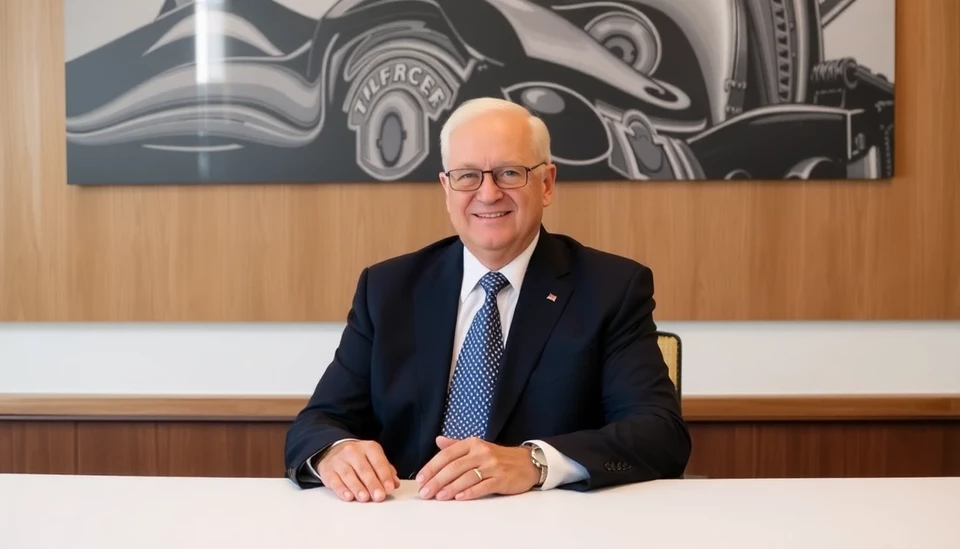
In a bold move that underscores the ongoing tension between traditional energy investments and the growing prioritization of environmental, social, and governance (ESG) standards, billionaire investor Tom Tykac has embarked on a substantial commitment to coal. This decision comes at a time when many global investors and corporations are actively divesting from fossil fuels in response to climate change concerns.
Tykac, CEO of the natural resources firm Tykac Resources, has announced plans to direct billions into coal mining operations around the world, challenging the prevailing narrative that associates coal with environmental degradation and a diminishing investment appeal. In an exclusive interview, Tykac expressed his conviction that despite the criticisms surrounding coal, his investments will yield both substantial financial returns and a continued role for coal in meeting global energy needs.
His strategy seems to hinge on the belief that the demand for energy will continue to rise, particularly in developing nations where coal remains a major energy source. Tykac argues that as wealth increases, so too will the energy requirements of emerging markets, and coal could serve as a necessary bridge for these countries transitioning towards more renewable energy sources in the future.
This fresh influx of capital into the coal industry is expected to further fuel debates regarding the future of fossil fuels. Tykac's ventures will likely draw scrutiny from environmental activists, policymakers, and those advocating for a stringent adherence to ESG investment frameworks. Nonetheless, he appears undeterred and stands firm in his vision that the economic potential of coal has not been fully tapped.
The billionaire's pivot toward coal comes in direct contrast to other investors who are increasing their commitments to sustainable practices and greener energy alternatives. Major funds and institutional investors have been rapidly redefining their engagement with fossil fuels, pointing to the long-term benefits of investing in renewable sources such as solar, wind, and hydroelectric power. Yet, Tykac remains resolute in his belief that the time for a reset in coal investment has come, marking a stark divergence from mainstream investment trends.
Tykac's coal business is not merely a US-based endeavor. He is eyeing opportunities across several regions, including parts of Asia, where the market for coal remains resilient. The firm is looking to enhance extraction technologies to minimize environmental impacts while maximizing output, further bolstering Tykac’s position that the industry can adapt to meet contemporary societal expectations.
While the world grapples with how to mitigate the effects of climate change, Tykac’s controversial investment strategy encapsulates a critical moment in the ongoing evolution of the energy sector. As nations work towards reducing their carbon footprints, the dichotomy between traditional and renewable energy sources appears more prominent than ever.
This development not only poses significant questions about the future of the energy market but also reflects the broader tensions between investor philosophies and societal goals. Tykac's audacious position may embolden like-minded investors, potentially indicating a shift in the perceived acceptability of investing in fossil fuels amidst increasing climate-related pressures.
In conclusion, as Tom Tykac embarks on this risky yet ambitious journey in coal, the move is expected to spark conversations around energy futures, investment ethics, and climate action on a global scale. It will be interesting to see how this divergence from ESG principles affects his financial outcomes and reshapes investor perspectives in the months and years to come.
#Tykac #CoalInvestment #FossilFuels #ESG #ClimateChange #EnergyMarket #InvestorTrends
Author: John Harris




